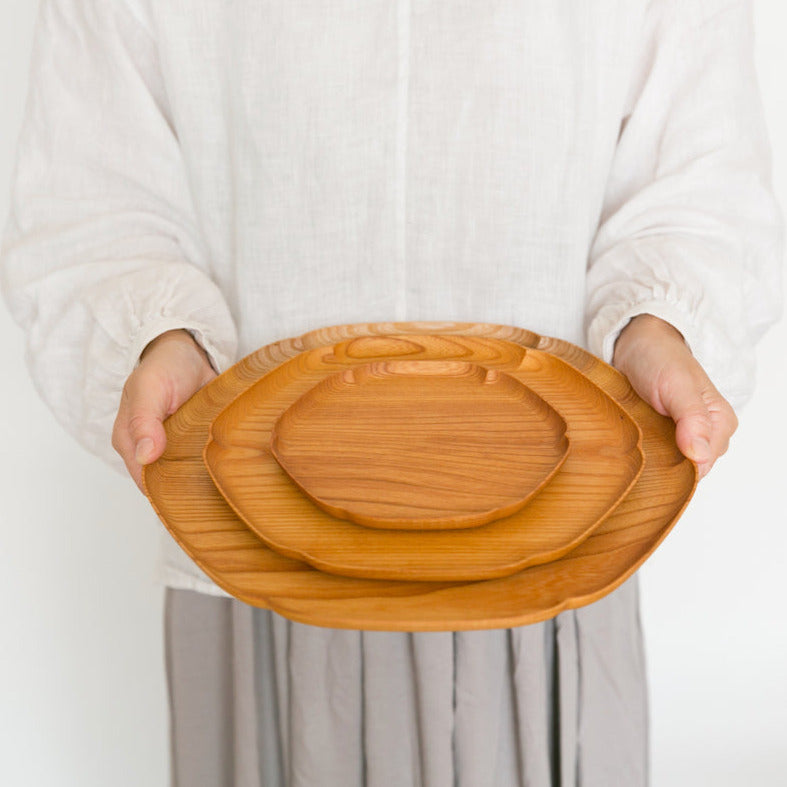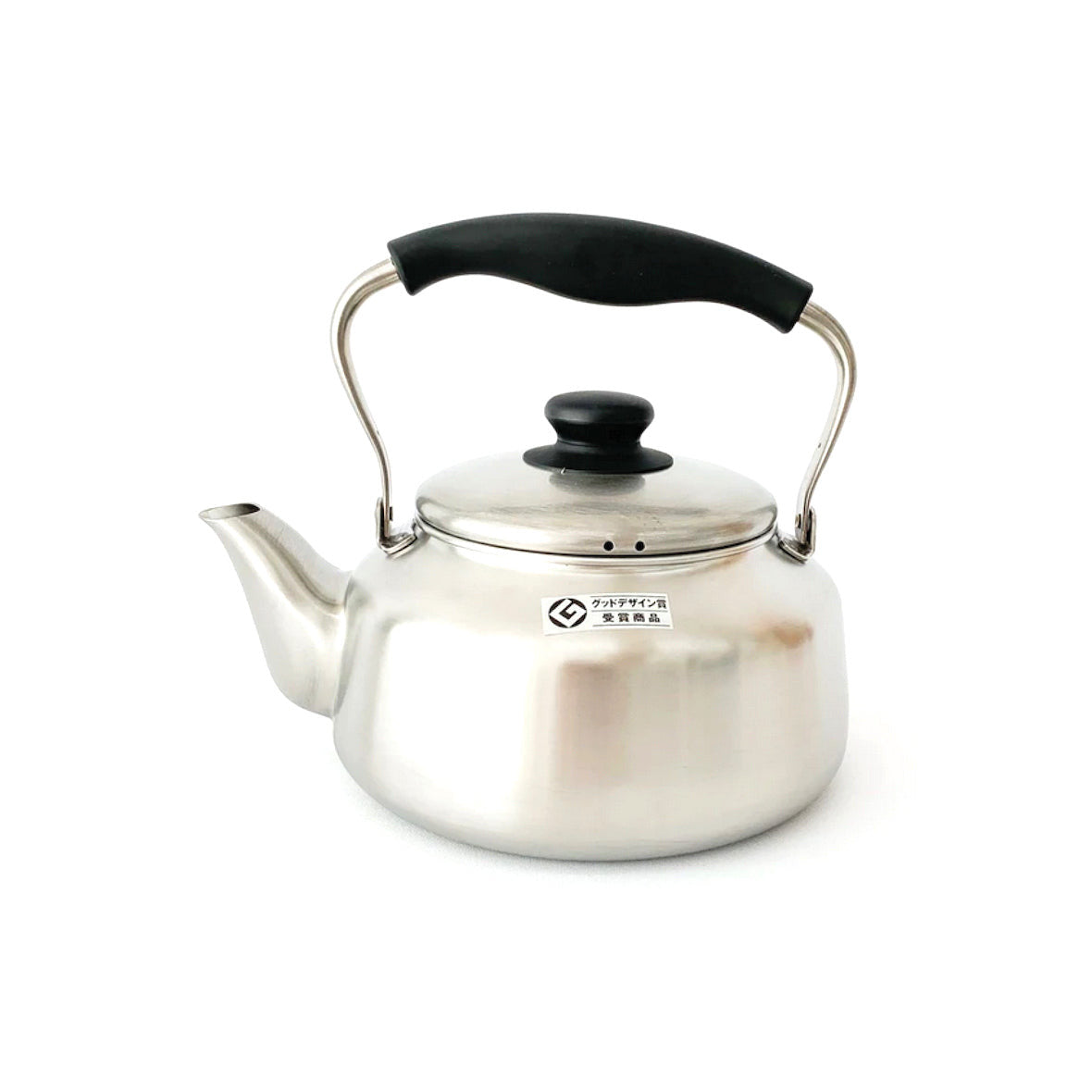

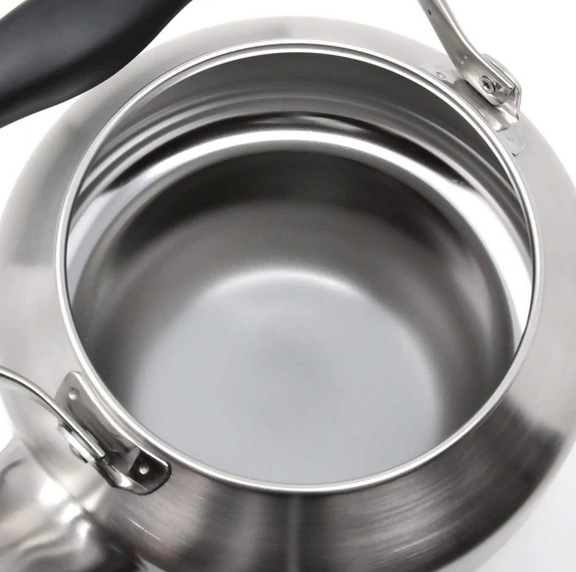
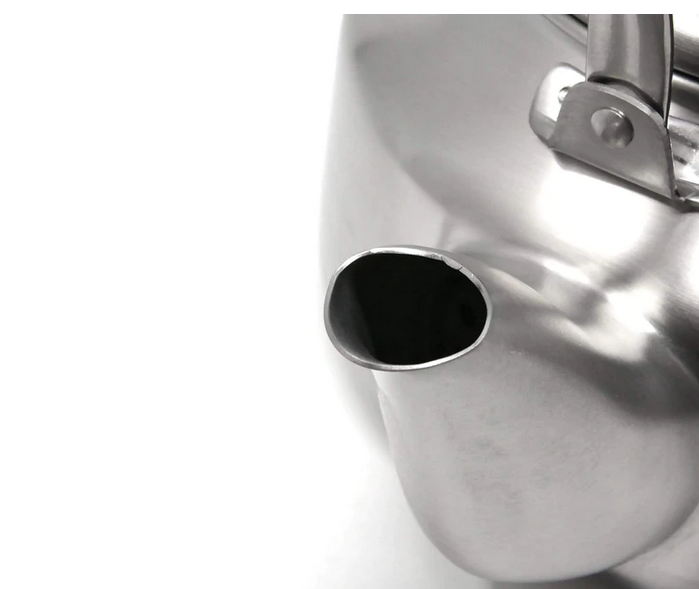
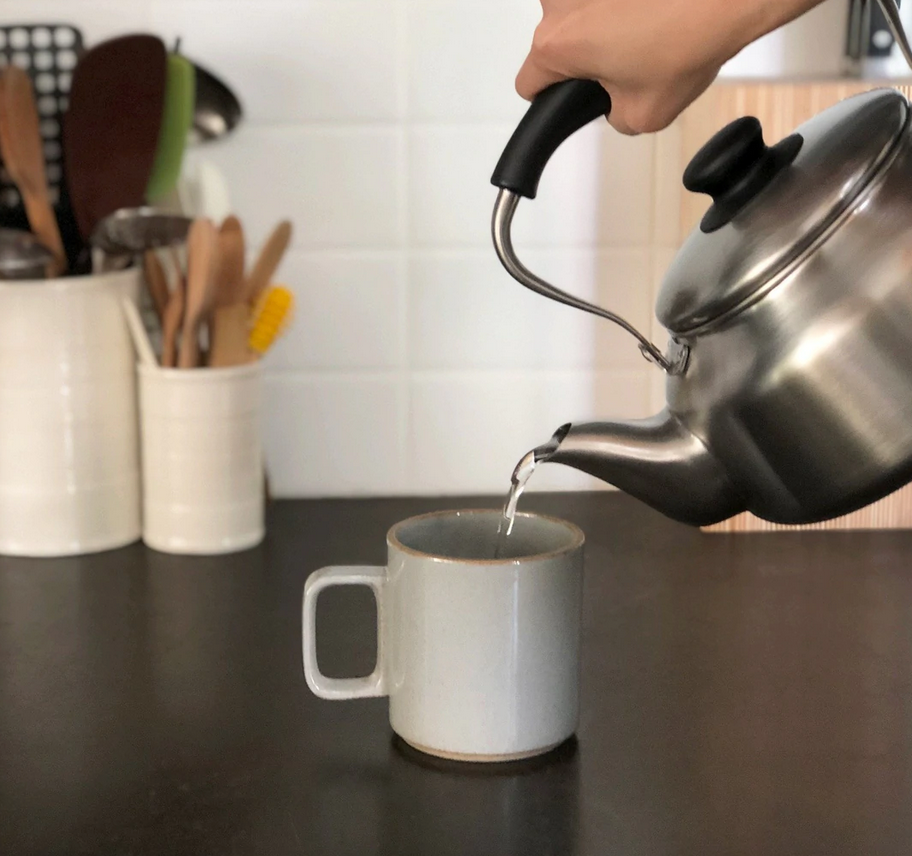
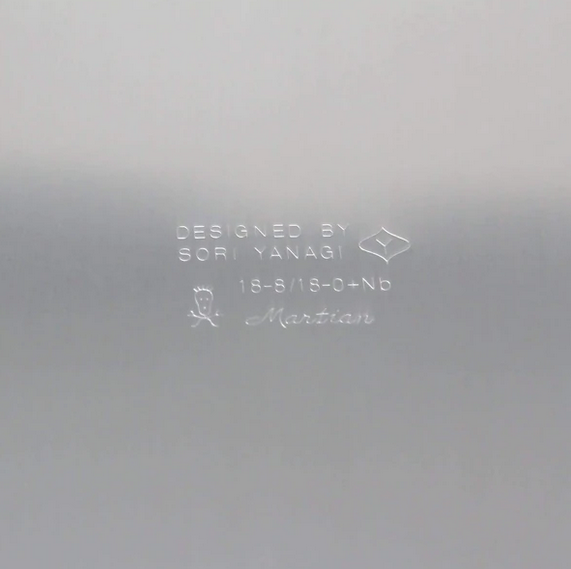
Kettle Allround | Stainless steel matt
- Material: body: 18-8 stainless steel, phenolic resin handle
. - Application:Compatible with all types of hobs, gas cooker, including induction hobs.
- Dimension: 244 x 190 x 205 mm (with handle), upper diameter: 128 mm, lower diameter: 150 mm, height: 95 mm
- Capacity: 2.5 l (Usable capacity: 1.7 l)
- Finish: matt stainless steel
- Extremely durable
- Weight: 810g
- Design: Sori Yanagi
- Good Design Award 1998
- Good Design Long Life Design Award 2013
- Handmade in Niigata, Japan
Kostenloser Versand ab CHF 80
Versand aus Zürich
Sorgfältig kuratiert von ASANDRI
Choose options






Beschreibung
This frosted stainless steel kettle is made almost entirely by hand in Niigata, Japan. It is lightweight, durable and designed for fast boiling. Winner of the 1998 Good Design Award, this modern kettle is one of Yanagi's best-selling products. Since its debut in the 1960s, over 1 million units have been sold annually in Japan. Equipped with a wide base for rapid heating.
Application and care instructions:
.Fill the kettle at least halfway, no more than 3/4 full, when you put it on the cooker. Never put the kettle on a heat source empty or with very little water, otherwise the kettle will be damaged.
The kettle does not have a whistle, but it boils the water very quickly, so do not leave it unattended. You can tell when the water is boiling by the steam coming out of the spout and the air holes at the top of the kettle lid. Turn off the cooker when the water has reached boiling point. Do not leave the kettle boiling for too long as this may cause damage.
Do not expose the resin handle or knob directly to heat or flame as this may melt or damage the resin. Always leave the curved top handle upright when the kettle is on the cooker.
Dishwasher safe and hand washable. Do not scrub the surface with abrasive cleaners.
STORY
Yanagi, who is often ranked with legendary masters of industrial design such as Charles & Ray Eames and Arnie Jacobsen, is considered one of Japan's most influential product designers and a pioneer of the post-war industrial design movement in Japan.
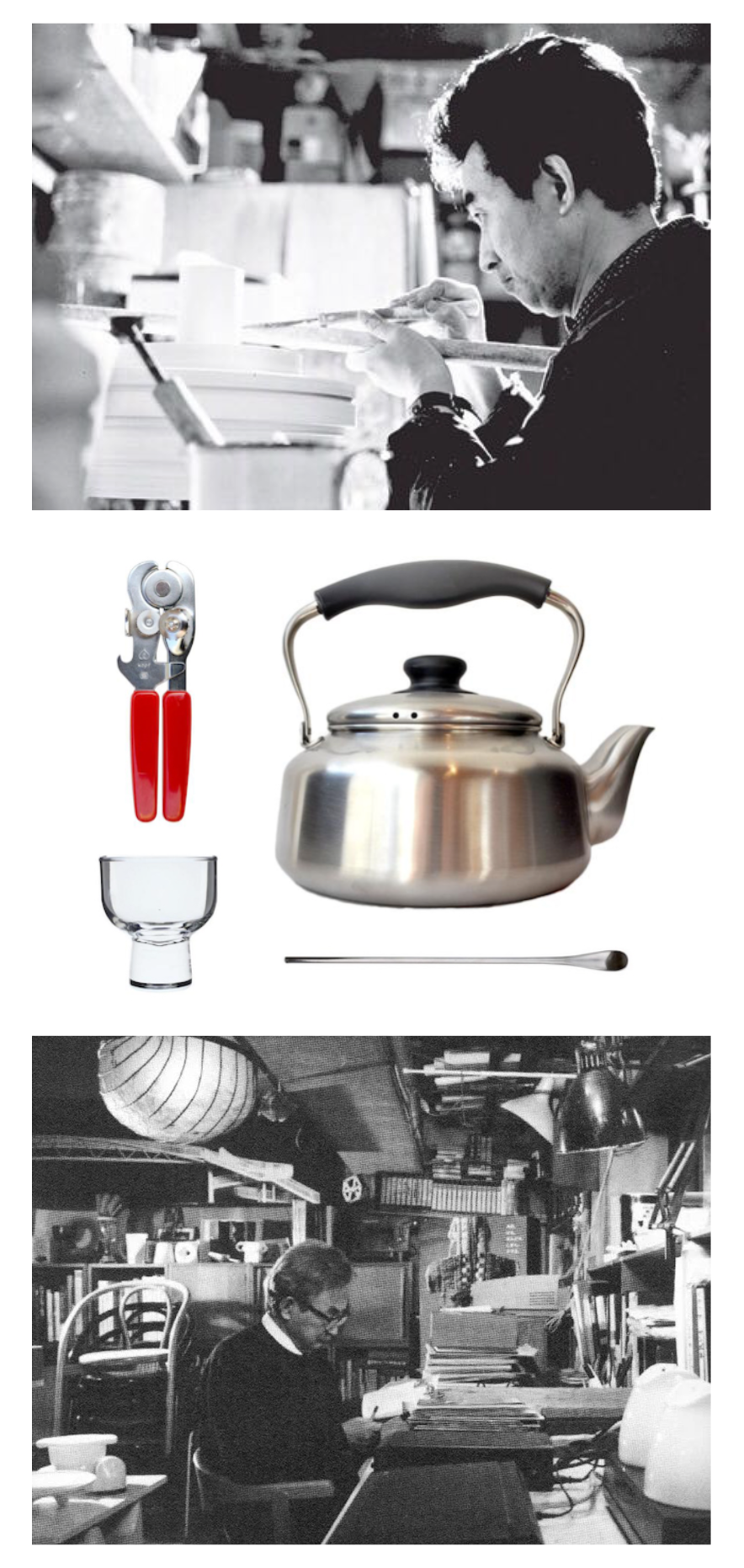
Die Story zu SORI YANAGI
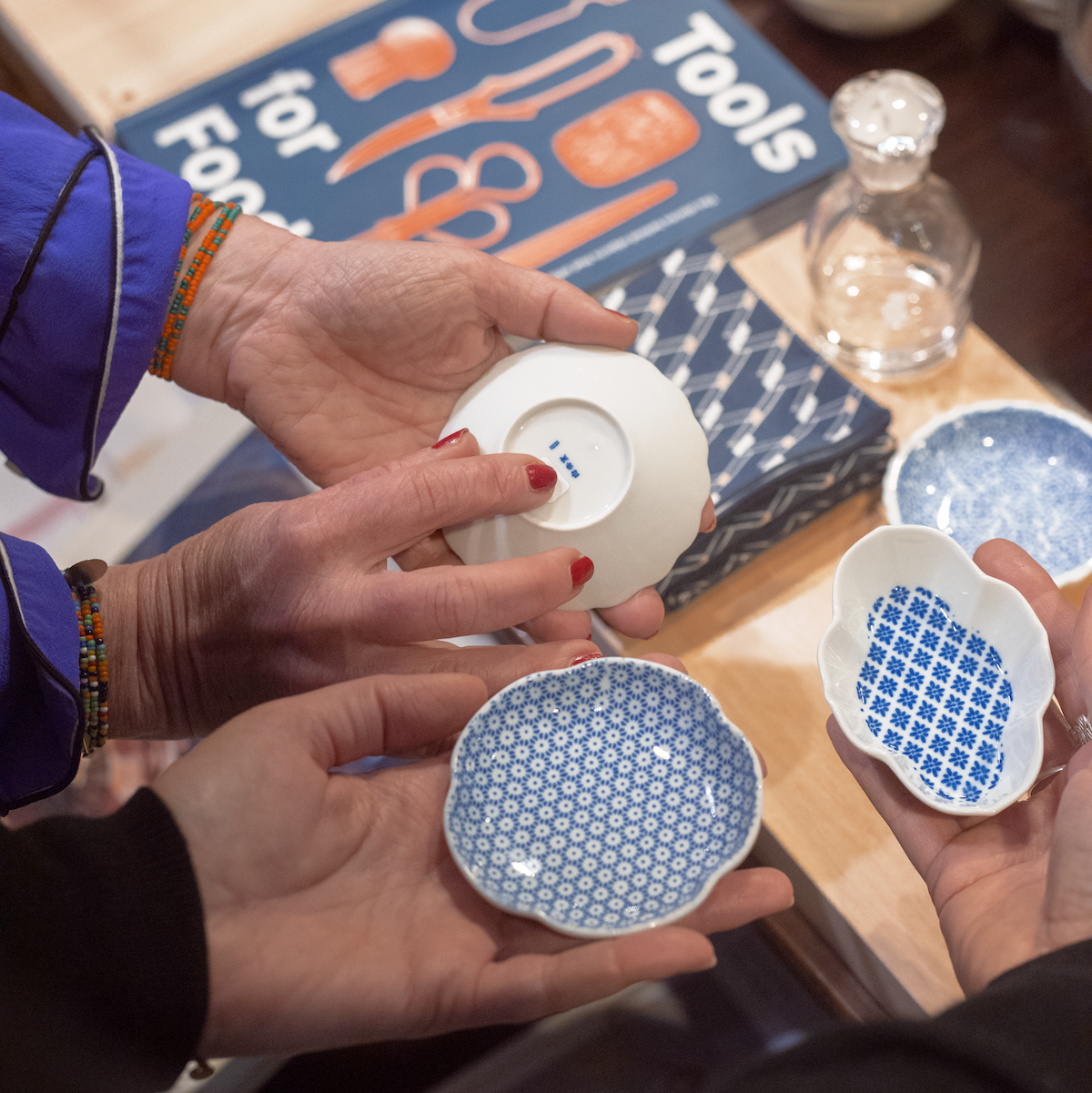
Wollt ihr wissen wer hinter ASANDRI steht
«Wir glauben, dass die Kombination von grossartigem Design und handwerklichen Können wichtig ist. Deshalb unterstützen wir Handwerker weltweit, um ihre Fähigkeiten und Handwerksbetriebe für viele weitere Generationenzu erhalten.»
Kontaktiere uns: info@asandri.com
